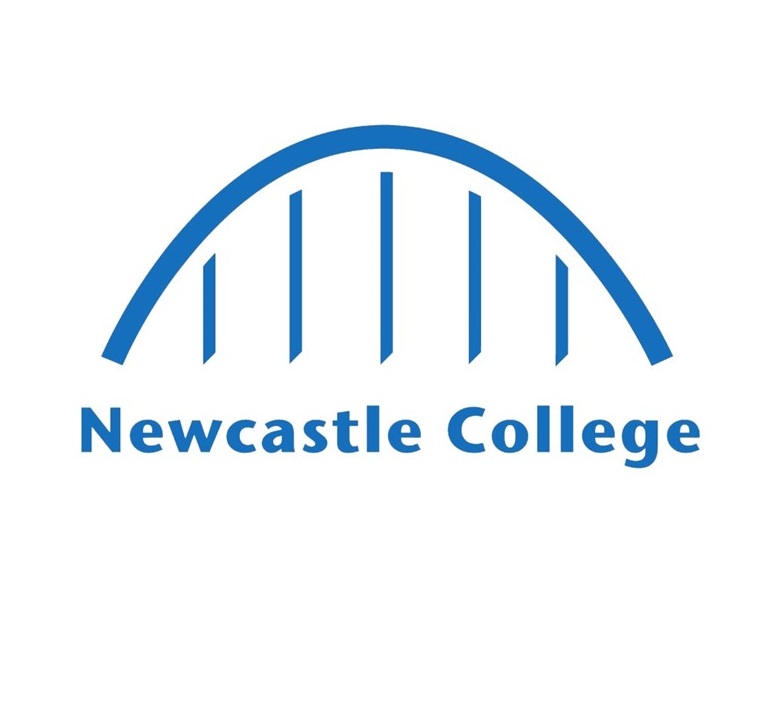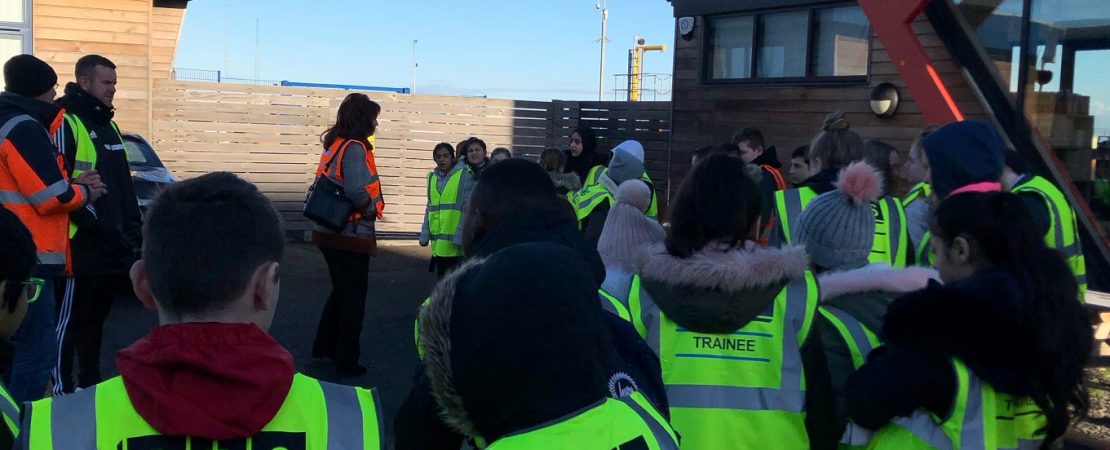
Planning for our region’s ‘upskill battle’
This week, the Confederation of British Industry (CBI) published a report into the importance of lifelong learning in our modern economy.
They’ve entitled it ‘An upskill battle’, which perfectly encapsulates the challenge we face as we respond to an ever-changing sector and skills landscape, and as we work to develop a more competitive economy for the North East.
The very nature of this challenge – particularly around technology, digitalisation and innovation – is that the landscape will continue to evolve and change. It is indeed an uphill battle. So how do we plan and prepare for a future that could change the very moment we think we’ve caught up with it?
The North East Local Enterprise Partnership has been working for some time now – with employers, training providers, schools, colleges and other partners – to explore these challenges and keep them at the top of the agenda when it comes to future planning around employability and skills in the region.
And as highlighted by the CBI in their report, lifelong adult education and careers guidance need to be a fundamental part of the solution.
The demands of today’s global, digitally-driven economy require a broader, more agile skillset than ever before. It’s a fast-moving landscape that waits for no-one. Employers and government need to recognise this quickly and work together to make sure that people can access the training and support they need to remain productive throughout their working lives.
Employers need to build training and skills development into their business models, and government needs to ensure that training is accessible and affordable for those who need to pay for it themselves.
We also agree with the CBI that we need to extend careers guidance beyond 19 and abandon the idea that teachers can equip young people with all the knowledge they need at the start.
Instead, we need to think about careers guidance as a journey from primary-age to retirement, and this is particularly important for those who experience loss of work or whose skills face becoming obsolete.
If we can put the right support, guidance and training opportunities in place in our region, we can revive, revitalise and extend working lives and create a workforce that’s adaptable and ready to take on whatever the future economy may throw at us.
An important part of this will be around supporting people to understand how they can map and transfer their strengths, skills and knowledge from one role to another throughout their career.
That’s why we particularly support the CBI’s suggestion that government should look to develop a nationally recognised skills ‘passporting’ tool as part of the National Retraining Scheme, so that informal training and skills are taken into account when looking for future employment. The Department for Education’s Get Help to Retrain scheme, piloted in the North East, is a good step towards this, supporting people to map their current skills and signposting opportunities.
This CBI report highlights some very stark realities; people will typically work up to twenty years longer than their parents, well into their 70s, meaning the growing need for adult education and a shift towards a lifelong learning culture is critical.
Working into our 70s and beyond is a challenge that many of us will personally face. The time to plan for that future, is now.
Michelle Rainbow, Skills Director, North East Local Enterprise Partnership.





